How is social media impacting your social life?
Staff Graphic by Kendall Wilson
Social media in it’s many forms.
Since lockdown began, the use of social media and other forms of online communication has skyrocketed, and it’s likely not slowing down any time soon. People have learned that just “catching up” online is more convenient than planning a meet-up in person. However, our appreciation for convenience is making us miss out on real-world social activities and experiences.
A study conducted by Kaspersky Lab in 2017 found that “a third of people admitted that they now communicate less with their parents (31 percent), children (33 percent), partners (23 percent), and friends (35 percent) because they can see and communicate with them via social media.” This lack of in-person interactions is causing us to become anti-social.
For the long time that I’ve been using social media, I’ve observed just how much online communication is used. Several times, I have hung out with my friends over FaceTime or on a Zoom meeting instead of planning something in person. Why plan out every detail of a reunion, when you can just share a code and talk online? I have also discovered that just texting my friend was more convenient than talking to them face-to-face.
An article by Nicole Plumridge from Psych Minds explains the benefits face-to-face interaction has over online communication. She said “Overall, face-to-face communication fosters higher quality interactions than online communication… Online communication and social media should be used as supplemental to one’s social life. It should not, however, be integral or the sole source where one socialises and interacts with others.”
Social comparison can also impact our communication skills greatly. Social comparison is the act of comparing your life to one’s online life, even if what they post isn’t always accurate. Comparing only the bad things in your life to only the good things in another’s can lead to feelings of loneliness, depression, and isolation.
How will we begin to interact with others if all we know is smiley faces and texting acronyms?
Another study conducted by Kaspersky Lab found that though people go on social media to feel better and improve their mood, 57% of people end up feeling worse about their lives after scrolling through their feed. 42% of people were jealous when they saw that their friends had more likes or comments on their posts than they did. This constant comparison is contributing to a sense of solitude, which affects how we communicate with each other in person.
Jean Twenge wrote a book titled “iGen” about the generation born after 1994 and the impacts that technology had on them. She said, “In the next decade we may see more young people who know just the right emoji for a situation—but not the right facial expression.” Can you imagine a world with only digital communication? How will we begin to interact with others if all we know is smiley faces and texting acronyms?
Don’t get me wrong, I believe that social media can have many benefits. I think it is a great resource for communication and connection. However, we don’t always use social media in the best ways. If we spend a little less time scrolling through other people’s posts and start to value face-to-face interactions a little more, we can greatly improve our social lives in the long run.




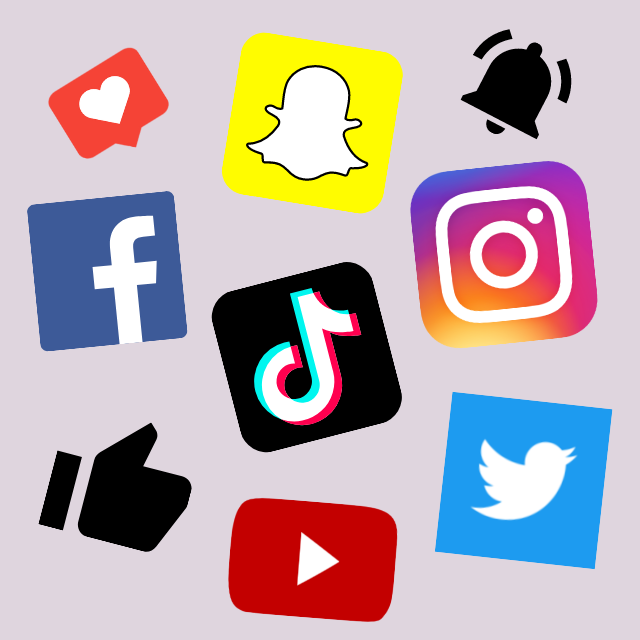
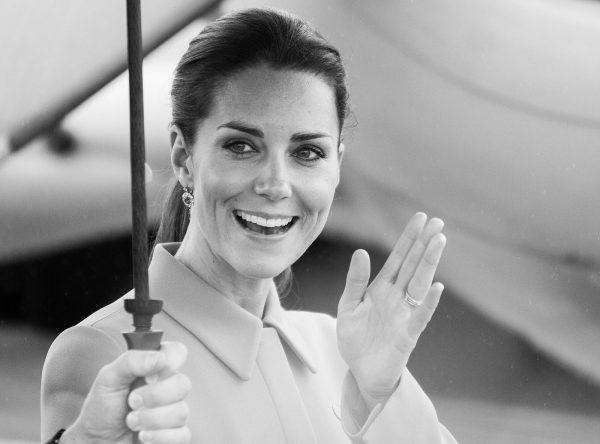

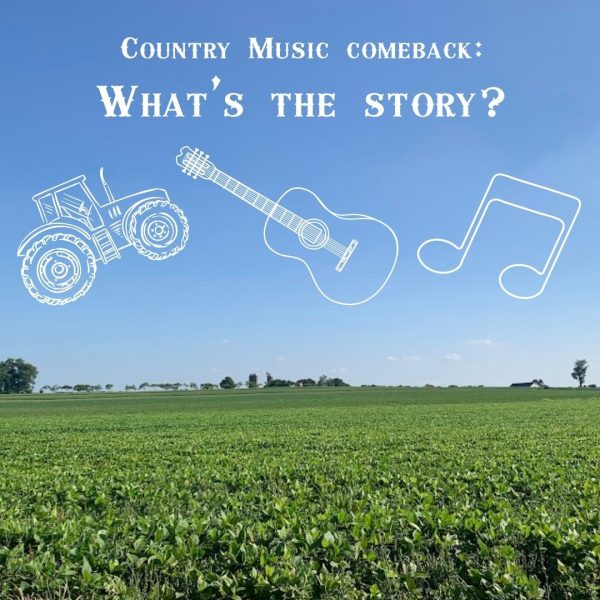
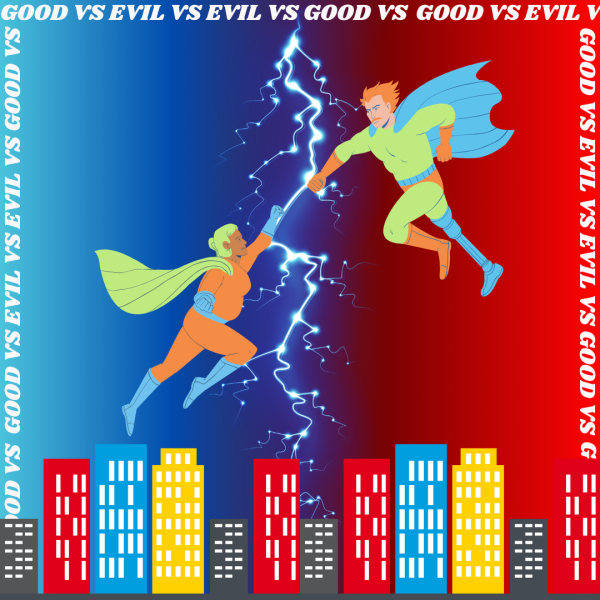


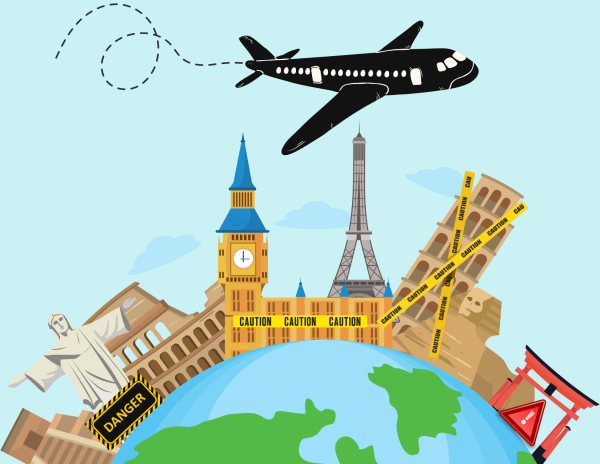
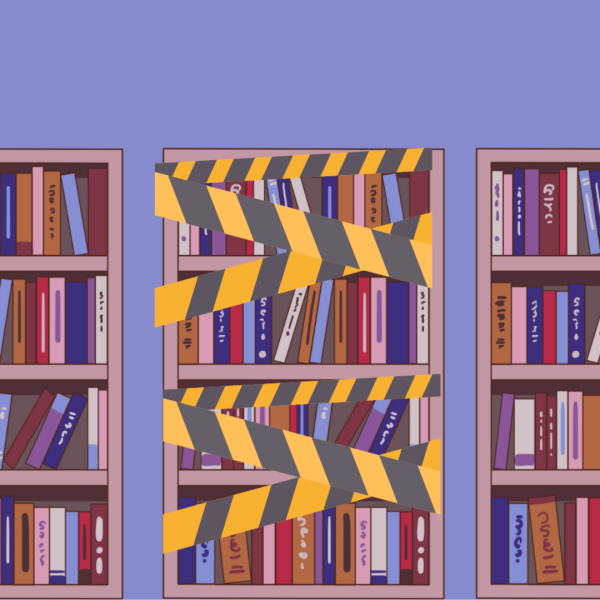
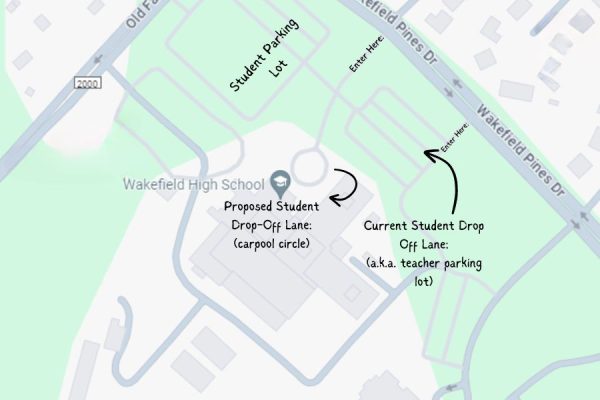
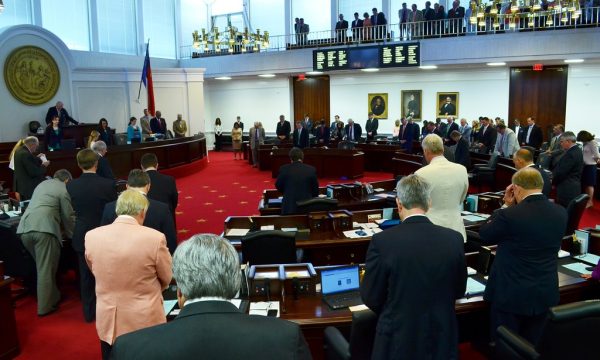
Yusha Ahsan • Oct 19, 2021 at 1:24 pm
I love your article, Kendall!
Millie Monahan • Oct 19, 2021 at 1:24 pm
Absolutely fantastico kendall!!!! <3
Maddie Policastro • Oct 19, 2021 at 1:22 pm
Awesome job, Kendall! I love it 🙂